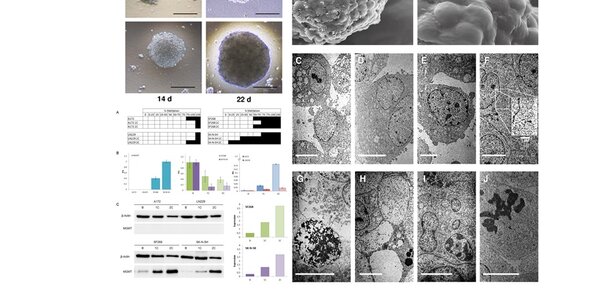Testosterone Therapy Doesn't Raise Risk Of Aggressive Prostate Cancer In New Study
Men with low levels of the male sex hormone testosterone need not fear that testosterone replacement therapy will increase their risk of prostate cancer, according to an analysis of more than 250,000 medical records.
In the study, researchers found that, as a group, men prescribed testosterone for longer than a year had no overall increase in risk of prostate cancer and, in fact, had their risk of aggressive disease reduced by 50 percent.
"Based on our findings, physicians should still be watching for prostate cancer risk factors -- such as being over the age of 40, having African-American…



